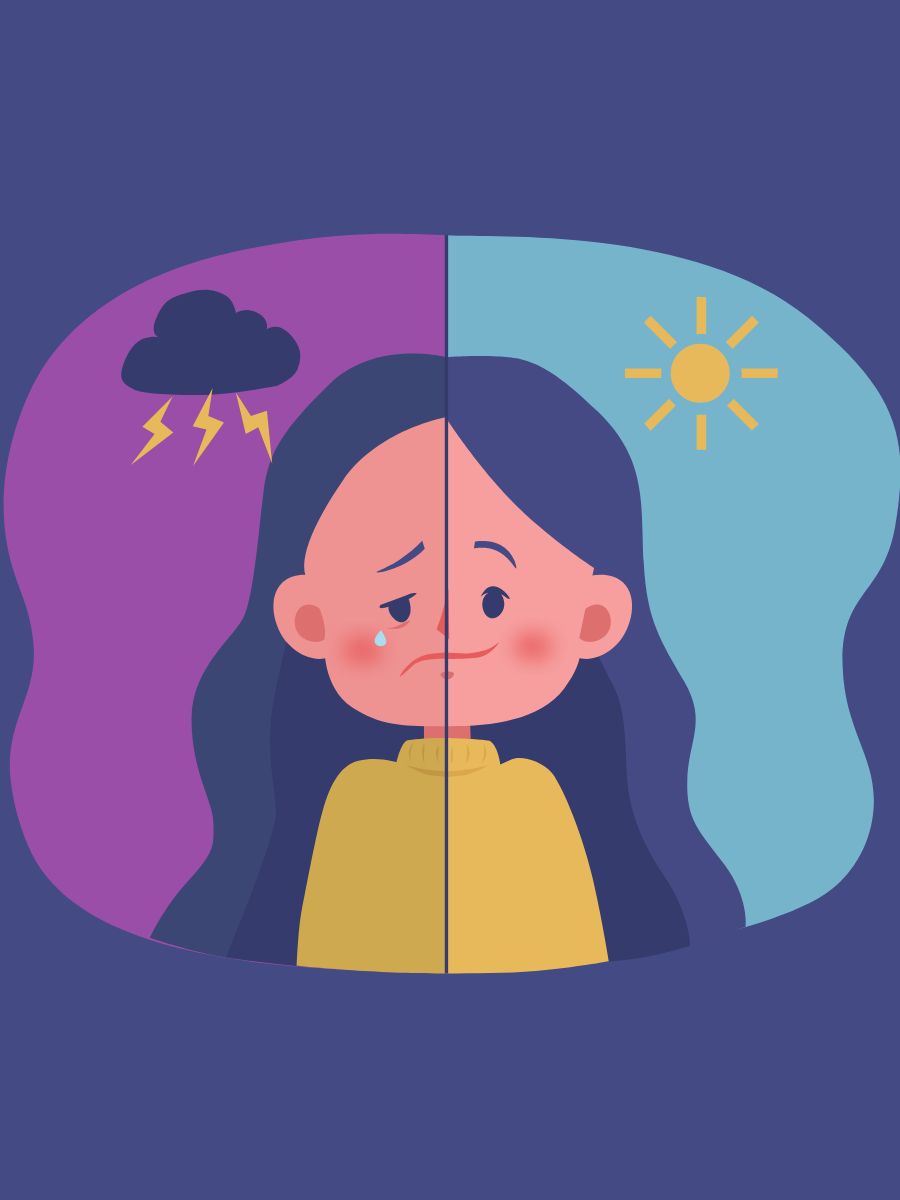Recognizing Bipolar Disorder in Children

Recognizing the Signs and Symptoms, and How Parents and Therapy Can Help
Bipolar disorder is a mental health condition characterized by extreme mood swings that include periods of mania and depression. These mood swings can range from feeling overly energetic and impulsive during manic episodes to feeling hopeless and sad during depressive episodes. In adolescents, the signs and symptoms of bipolar disorder may present differently than in adults.
Common Signs of Bipolar Disorder
Some common signs of bipolar disorder in adolescents may include:
- changes in behavior, such as risky or impulsive actions.
- difficulty concentrating.
- changes in sleep patterns.
- extreme mood changes.
Adolescents with bipolar disorder may also experience irritability, aggression, and difficulty managing daily responsibilities, such as schoolwork or relationships.
It is important for parents to pay attention to these signs and symptoms and seek help from a mental health professional if they suspect their child may have bipolar disorder. Early diagnosis and intervention can help adolescents with bipolar disorder learn to manage their symptoms and lead healthy, fulfilling lives.
Therapy and Bipolar Disorder
Therapy can be a valuable tool in treating bipolar disorder in adolescents. Cognitive-behavioral therapy (CBT) and Dialectical behavior therapy (DBT) are commonly used to help individuals with bipolar disorder identify and change negative thought patterns and behaviors.
In these therapy modalities, adolescents learn skills to improve emotional regulation, and reduce vulnerability to negative emotions and maladaptive coping behaviors associated with strong emotions evoked during bipolar episodes. Family therapy can also be beneficial in helping parents and siblings understand and support their loved one with bipolar disorder.
Medication and Bipolar Disorder
In addition to therapy, medication may be prescribed to help stabilize mood swings and manage symptoms of bipolar disorder. It is important for parents to work closely with their child’s mental health provider to find the right combination of therapy and medication to effectively treat their child’s bipolar disorder.
Overall, it is crucial for parents to be aware of the signs and symptoms of bipolar disorder in adolescents and to seek help from a mental health professional if they suspect their child may be struggling with this condition. With early intervention and support from therapy and medication, adolescents with bipolar disorder can learn to manage their symptoms and live healthy, productive lives.

Steven Shampain
